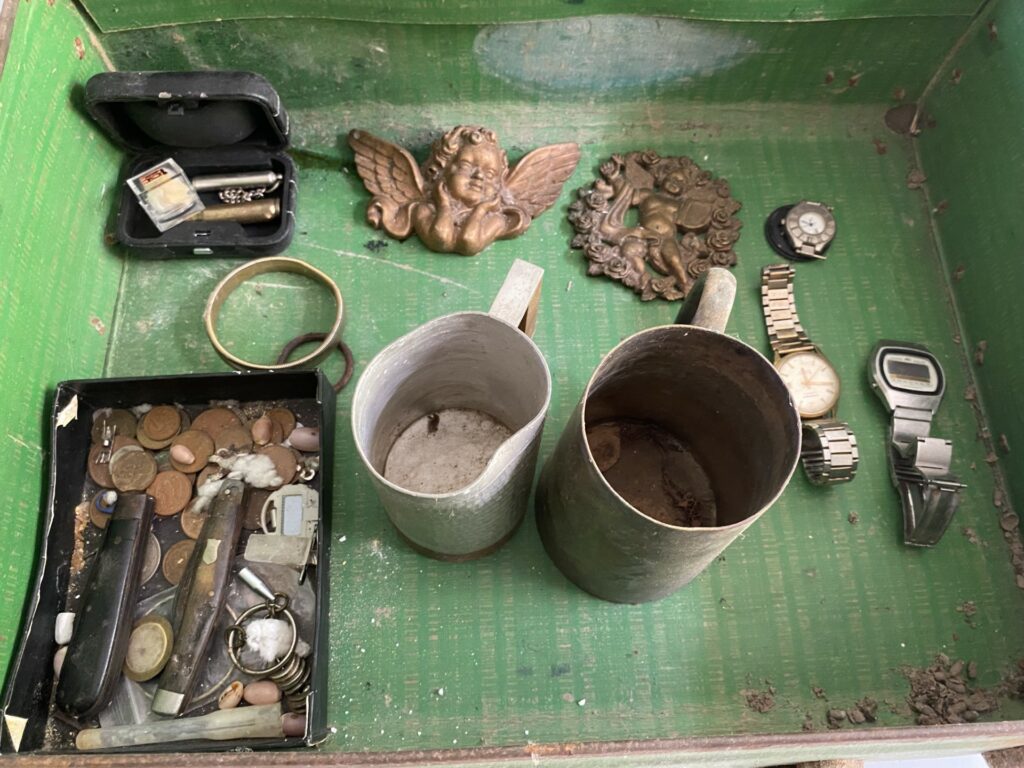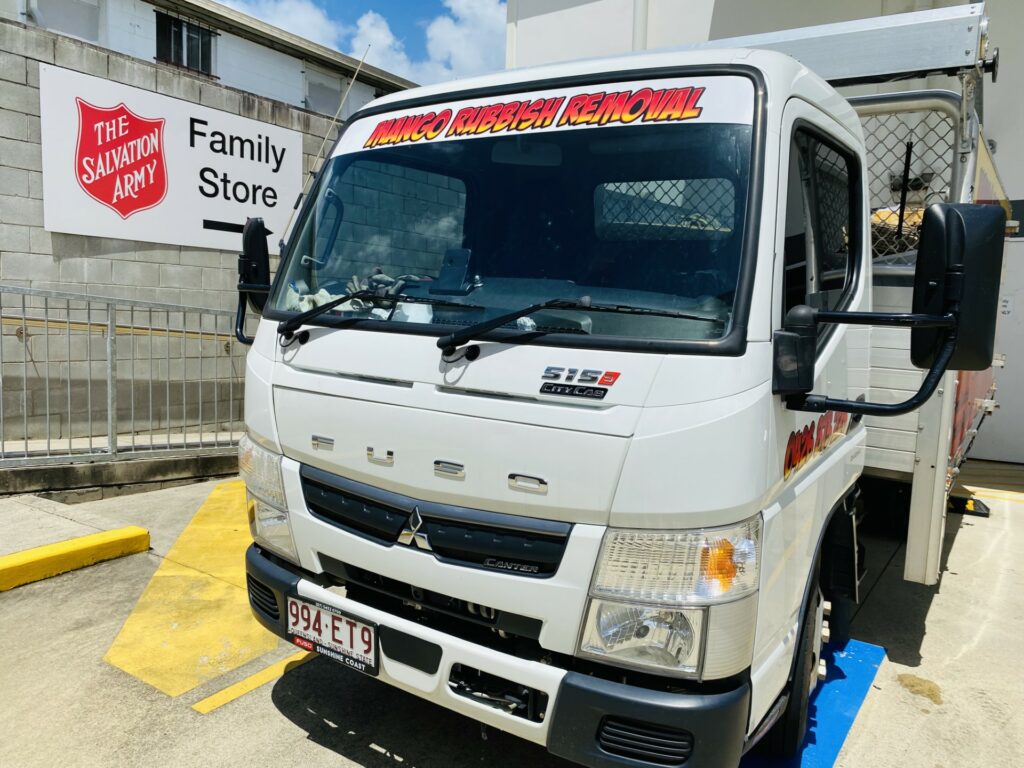Introduction:
Losing a loved one is undoubtedly one of life’s most challenging experiences and I know this from personal experience.
Navigating the practical aspects that follow can be overwhelming. Especially if you’re the executor of the will.
Most likely, you’ll not only be facing the emotional turmoil of losing someone, but you’ll also be facing the monumental task of having to manage and dristribute the assets of the estate.
When it comes to cleaning out a the deceased person home, seeking the assistance of professional companies that clean out homes after someone dies can provide not only practical support but also much-needed empathy during this difficult time.
In this guide, we’ll explore the crucial considerations and steps involved in finding the right companies that specialize in home cleanouts after someone passes away.
Understanding The Need For Specialized Services
Cleaning out a home after the death of a loved one requires a delicate balance of sensitivity and efficiency.
Professional companies that specialize in this service understand the unique challenges involved and are equipped to handle the process with the utmost care.
From managing personal belongings to ensuring a respectful approach, clearance companies play a vital role in supporting grieving families.
As an example, part of our companies process when doing a clean out is to request a document from our clients on where any sentimental or valuable items may have been hidden by the deceased person.
On a recent clearance for an interstate client of ours, although we didn’t manage to find the particular items noted by our client, we took a good look around prior to the clearance and discovered some precious items including coins, brass ornaments, bracelets and other trinkets which our client was over the moon with.
These sentimental items then got sent by courier to our client interstate.

The Selection Process: How To Choose The Right Company
Research and recommendations: Start by conducting thorough research on companies that clean out homes after someone dies.
The easiest place to start this research of course, is to start with a Google search.
Another way which is a little less trendy these days is the old fashioned word of mouth recommendations from friends, family, or funeral homes to compile a list of reputable options.
Reviews and testimonials: Explore online reviews and testimonials to gauge the experiences of others who have used these services.
Again, a simple search on Google will do the trick as well as taking a look on social media platforms such as Facebook and Instagram.
Look for companies with positive feedback regarding professionalism, compassion, and attention to detail.
Also, an easy way to gauge the professionalism of a company is to look at their replies to reviews, both positive and negative.
If a company can’t be bothered to reply to feedback online then are they the kind of company worth dealing with?
Credentials and insurance: Once you’ve found potential companies to work with, it can be a really good idea to ask the question around insurances.
It’s not uncommon for cowboy firms to be out there undercutting the professional companies by simply neglecting to take out insurance.
Don’t be afraid to ask the questions around public liability and professional indemnity.
It’s a really easy way to distinguish between the professionals and the amateur mobs out there.
What To Expect From Companies That Clean Out Homes After Someone Dies
Initial assessment: The chosen company you choose will typically conduct an initial assessment of the deceased persons home to understand the scope of the cleanout.
This may include evaluating the volume of belongings to be removed, the access to the property, any specialized requirements, and the timeline.
If you’re looking to sell the property of the deceased then timeline is certainly something you’ll need to discuss with the potential clean out company.
Having a property sat vacant could potentially be costing a lot of money, especially if there’s a mortgage over the home.
Be upfront and don’t be afraid to ask questions and discuss your specific needs.
Sensitivity and Respect: A reputable company recognizes the emotional significance of the items within the home and approaches the cleanout with the utmost sensitivity.
They will ensure that personal belongings are handled respectfully and in accordance with the family’s wishes.
Logistics and Organization: Efficient logistics and organization are key elements of a successful home cleanout. The company should have a well-defined process for sorting, packing, and transporting items, with a focus on minimizing stress for the family.
A reputable company will also look to donate any salvageable items to local op-shops if possible.

Usually, charities like Salvation Army or Vinnies will come and collect any items they can re-sell in their retail shops but sometimes they’ll be unable to remove items where staircases are involved or if the items are too heavy and go against their health and safety policy.
Communication Throughout: A reliable company will maintain open lines of communication throughout the entire process, keeping the family informed about progress and addressing any concerns promptly.
As a standard operating procedure for us, we aim to update our clients with progress photo’s if we’re on a clear out for a few days and like to keep all lines of communication as open as possible whether it be via phone, email or text.
Conclusion: Bringing Closure with Compassionate Cleanout Services
In the midst of grief, entrusting the task of cleaning out a loved one’s home to a professional company can provide much-needed relief.
By selecting a company that combines efficiency with empathy, you and your family can navigate this challenging process with a sense of comfort and closure.
Remember, the right choice goes beyond mere logistics; it’s about finding a company that understands the emotional weight of the situation and strives to make the process as smooth and respectful as possible.
In your search for companies that clean out homes after someone dies, prioritize those that offer not just a service but a supportive hand during a difficult time.
In short, look for empathy as well as competency.
Cheers,
Jeremy
